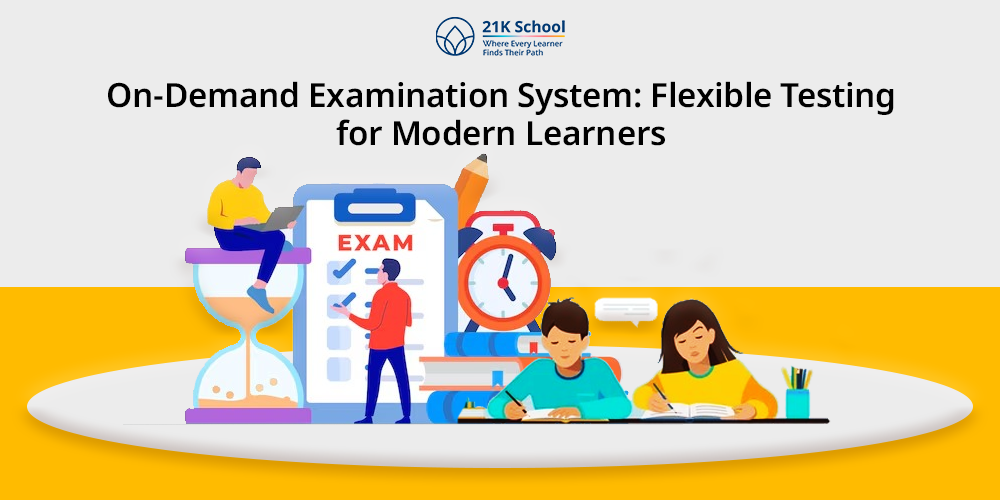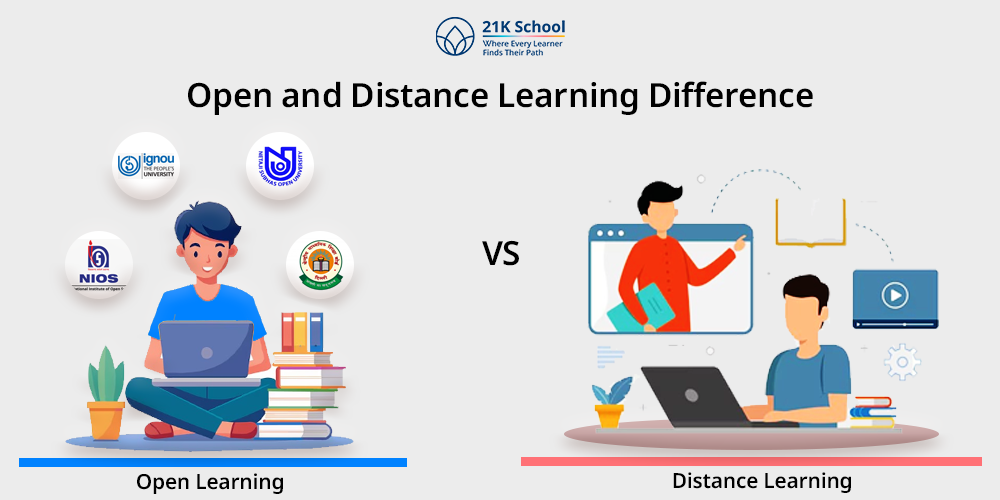
The A-Level curriculum is considered one of the hardest curriculum to exist for students and preparing for the A-Level examination can be a very difficult and daunting task.
Often while preparing for examinations students face high expectations coming from society and a challenging syllabus that makes it overwhelming for them to focus on their preparation.
Most effective tools that can be utilised for any curriculum to understand the structure of the exam and practice the pattern under the time to condition can be practicing previous year question papers; this helps in gauging their readiness for the examination.
By integrating past papers into your exam preparation a student can create a well systematic and planned study routine that makes them more confident in their learning and develop all the skills required to appear for a paper.
Here’s a detailed blog on : Understanding A-Levels: What They Are and How They Work
Contents
Understanding A-Level Past Papers
A-Level past papers or previous year exam questions are often provided by exam boards such as AQA, edexcel OCR and others.
These exam papers are designed to test students’ understanding of the syllabus whereby applying the learning information and practicing it with proper time management can help them in appearing for the exams.
By integrating these past papers students can improve their ability to apply knowledge in various contexts.
Each past paper typically mirrors the format and the difficulty level for the actual examination by strictly adhering to the rule and solving the past paper. Students can utilise this resource of practice to its best potential and understand the marking scheme and the question pattern thoroughly.
Here’s a blog on A-Level Results Day: What Students Need to Know
By understanding the concept of past papers students can understand the accompanying marking scheme examiners report and get a detailed understanding of how answers are graded and can manage time effectively.
With the help of the inside provided by the examiner, students can look at this feedback in a constructive way and analyse the common mistakes they have been making and work on it with the help of tools and techniques that can refine their exam progress.
Benefits of Using Past Papers
Solving past papers offers numerous benefits to a student especially in the case of a curriculum with such a high degree of difficulty, students can take help from the result and strategically focus on improving their progress.
Some of the major benefits that past paper offers include :
- Familiarization with exam format and question types.
- Enhancing time management skills during exams.
- Identifying knowledge gaps and areas for improvement.
- Building confidence through practice.
Familiarising students with the exam format and question type, as students solve these past papers they understand the types of questions being asked and the weightage of different sections for the marks to be allocated to students which allows them to understand the pattern well and approach their exams with clarity and confidence.
It is one of the easiest ways to understand the expectations coming from the examiners and the board.
It also helps students in enhancing their time management skills during exams.
By providing an opportunity to appear and practice papers with the exact same environment as that of a real examination students get to understand the environment better where they understand how much time to spend on each section.
This understanding of exam pattern and clarity for time management helps them complete all the questions within the allotted time while maintaining the accuracy required for the examination.
The other benefits that these past papers offer are that they help students in understanding their educational progress, track their performance and identify the knowledge gaps and areas of improvement for them.
By acting as a diagnostic tool, they allow students to attempt questions from various topics and understand their weaknesses.
By catering to these weaknesses highlighted by the educators within the time frame students can work on their weaknesses strategically to aim for better results.
Additionally, regularly practicing past papers help students build confidence in themselves where they track their progress and feel a sense of accomplishment with every improvement in performance overtime.
With time they become more comfortable with the exam pattern and process reducing anxiety in them preparing them for the actual exam day.
To ace the exam with correct understanding of things it is important to know about the Understanding the A-Levels Grading System.
How to Effectively Use Past Papers
In order to make the best out of any process it is very important to use the tools effectively in the case of A-Level past papers. It is very important to use past papers effectively to maximize the benefits coming from them and approach the final examinations more strategically.
Some of the major tips to use past papers more effectively are :
- Setting up a realistic exam environment for practice.
- Reviewing and analyzing answers with mark schemes.
- Incorporating examiner reports for deeper insights.
- Tracking progress over time to measure improvement.
It might seem like a complex process but as a student replicates a realistic exam environment while practicing the method becomes more approachable and effective.
To get better results it involves :
- Setting aside an interrupted time for solving the past papers.
- Adhering to the time limits of examination and finishing the final paper within that time. .
- Using only permitted resources during the practice session to ensure that the environment is distraction free.
This approach helps students in accumulating confidence for themselves and preparing them physically and mentally for the exam, ultimately decreasing pressure and stress that can hinder the exam progress.
Now once the paper is completed and you have appeared for the past paper with all the rules and regulations it is important to review and analyse or answer based on the marking scheme as provided by the boards.
The step goes beyond simply just checking the answer and marking it as correct or incorrect. It is important to understand why a particular answer is correct and how many marks it has been rewarded for a certain answer.
For example; students might notice that they consistently lose marks for not including sufficient details in their explanation or supporting their point of view by examples.
Students can also take help from their examiners and ask them to create a report for them to provide a deeper insight into their learning process and highlight most common misconceptions, recurring errors and also provide tips for answering a specific type of question for them.
This understanding can help students in getting a better insight into their learning journey and can avoid repeated mistakes and chances of losing marks over misconception.
By tracking their academic journey and utilising effective strategy to overcome the highlighted weaknesses students can record their success and can adjust their study plans to work upon the areas of difficulty.
This entire process of effectively using the past papers for betterment can help students with their motivation, confidence and skill development as tangible evidence of progress will value the efforts students are taking for success.
Common Mistakes to Avoid When Using Past Papers
Some of the common mistakes to avoid while using past papers from any curriculum is to avoid relying on papers fully without understanding concepts and having a preparation backup.
These papers are to help students memorize answers and focus on the exam structure not to understand the underlying concepts within it.
Students are always suggested to comprehend material and apply their knowledge into the questions and not just rote memorize the previous years.
Another pitfall that students always neglect is the value of time and deep practice. It is very important to adhere to the rules and regulations that the exam potentially has.
Time management is a very important skill and students must adhere to this as it can help students in catering to the unrealistic expectations that society or themselves have from the examination.
Students in some cases also fail to review and learn from their mistakes. The past papers are not just for answering them, rather they are to analyse your performance and address the weaknesses as highlighted by the educators or facilitators.
By skipping the review process it can lead to repeated errors and missed opportunities for students at the right time hindering the overall success and exams score.
Conclusion
No doubt A-level is a difficult curriculum but following past papers can help students in effective exam preparation and offer them a realistic preview of what to expect in their examination.
Students can familiarize themselves with the exam format enhancing that time management skills which will help them in identifying their knowledge gap better.
By understanding these gaps at the right time students can strategically work on their weaknesses catering to all the issues that they might face in the real examination building confidence in themselves and improving their performance significantly.
However, in order to truly benefit from the past papers students must learn how to use them strategically and avoid all the common mistakes that every student often makes while considering past papers for their preparations like over Reliance on only past papers and neglecting the review process.
Past papers are a part of the process that are to be integrated in the balanced study routine to ensure that the road map to success is full of discipline and structured review for them.
Past papers help students ace in their academic journey and also contribute to their discipline, analytical skills and resilience.



